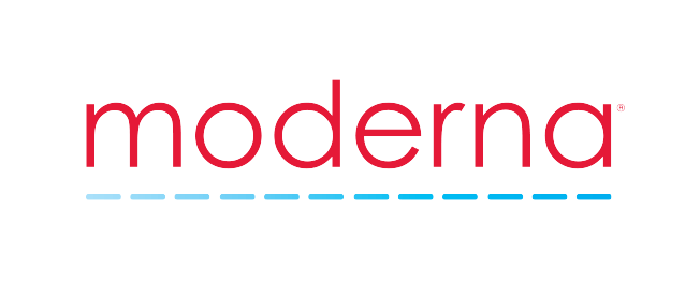Moderna, Inc. (NASDAQ:MRNA), a biotechnology company pioneering messenger RNA (mRNA) therapeutics and vaccines, and Merck (NYSE:MRK), known as MSD outside of the United States and Canada, today announced distant metastasis-free survival (DMFS) results from the Phase 2b randomized study, a clinical trial evaluating mRNA-4157 (V940), an investigational individualized neoantigen therapy (INT), in combination with KEYTRUDA, Merck’s anti-PD-1 therapy, in patients with melanoma (stage III/IV). Study showed that mRNA-4157 (V940) in combination with KEYTRUDA demonstrated a statistically significant and clinically meaningful improvement in Metastasis-Free Survival compared with KEYTRUDA alone and reduced the risk of developing metastasis or death by 65%.
“We are excited to be sharing these results with the oncology community and thrilled to see such an exceptional result in melanoma recurrence or death. Patients who experience metastases at distant sites typically have worse survival outcomes and a poor prognosis, thus these results showing a reduction in the risk of distant recurrence,” said Kyle Holen, M.D. Moderna’s Senior Vice President and Head of Development, Therapeutics and Oncology. “These results add to the emerging picture of how individualized neoantigen therapy may transform melanoma treatment and the promise it may hold for other types of cancer. Together with Merck, we are rapidly advancing our efforts to move this forward for patients.”
“Patients with stage III and IV melanoma can be at high risk of having their cancer recur or metastasize to other sites,” said Dr. Eric H. Rubin, senior vice president, global clinical development, Merck Research Laboratories. “These new findings build upon the positive recurrence-free survival data previously observed from this Phase 2b study, and we look forward to working with Moderna to initiate a Phase 3 study in melanoma later this year.”
Based on data from this study, the U.S. Food and Drug Administration and European Medicines Agency granted Breakthrough Therapy Designation and the Priority Medicines (PRIME) scheme, respectively, for mRNA-4157 (V940) in combination with KEYTRUDA for the adjuvant treatment of patients with high-risk melanoma following complete resection. The companies recently announced the first presentation of the study’s primary endpoint, RFS, from the Phase 2 in April 2023 at the American Association for Cancer Research (AACR) Annual Meeting.


COMMENTS